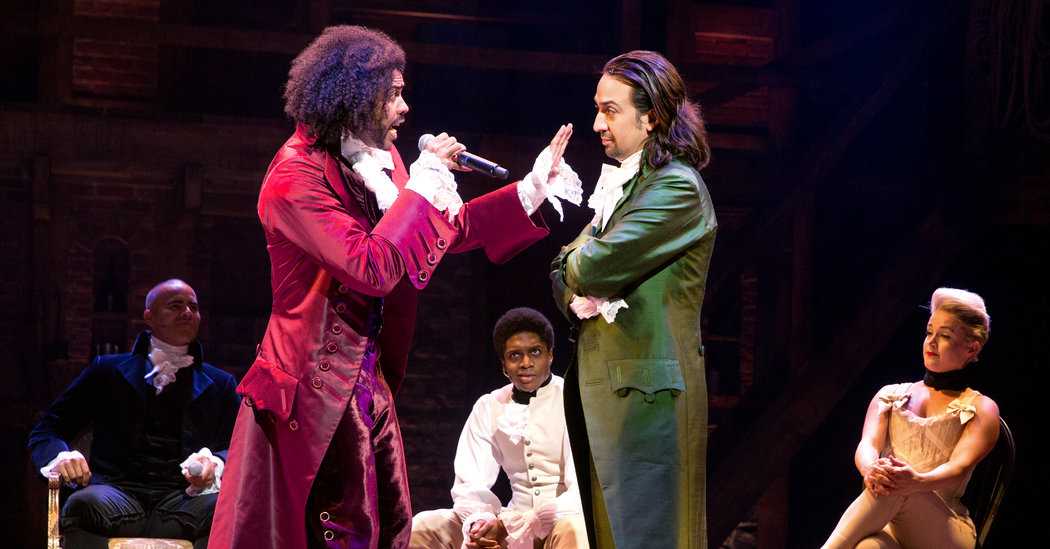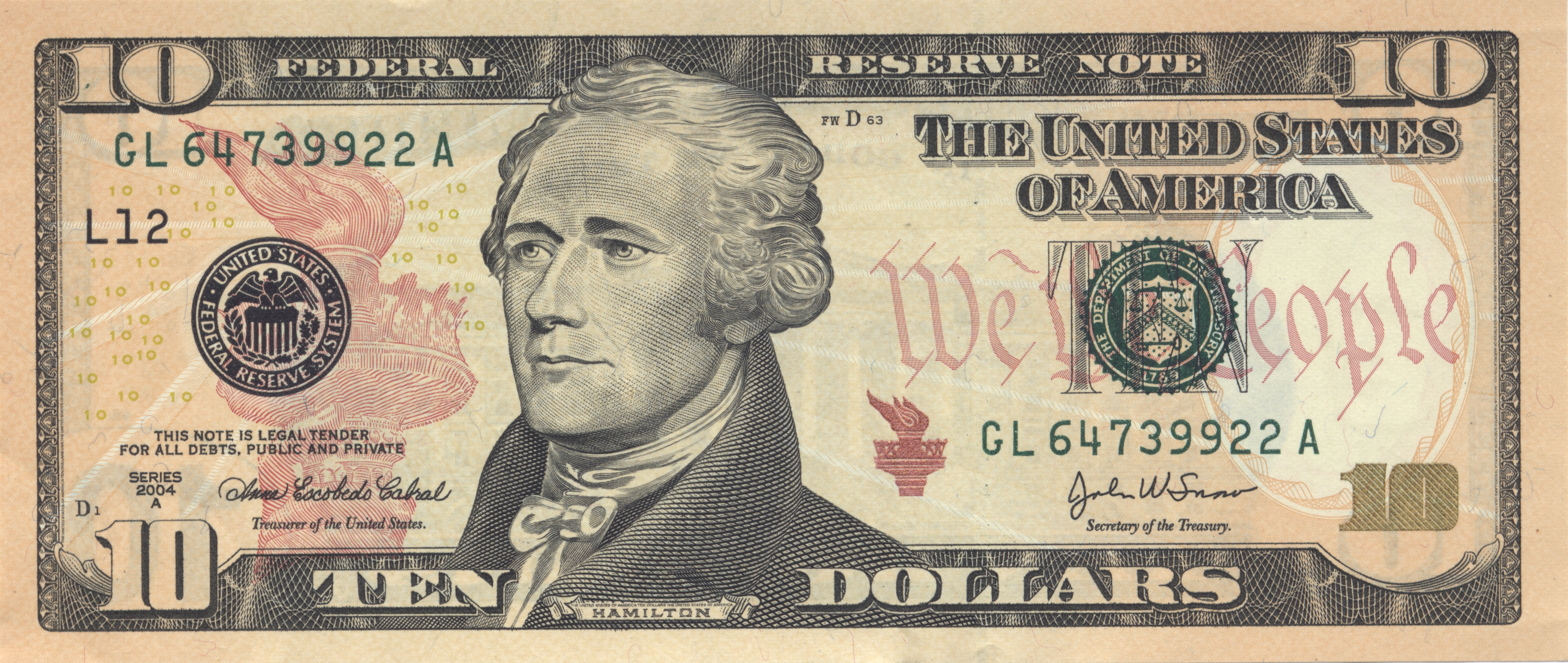The Battle over the Bank
After months of battling and compromises, the US Constitution was finally adopted on September 17, 1787. Still, America was embroiled in heated arguments over exactly how the government would work and what powers it could really exercise. Political parties soon developed as groups argued about the direction of the country. Alexander Hamilton became a leading voice of the Federalists who believed that the federal government needed to be strong. On the other side, Thomas Jefferson, a Republican, argued that too much power in the hands of the federal government would lead to tyranny.

The necessary and proper clause part of Article I of the Constitution allowed for Congress to make laws and provisions that were not part of the enumerated powers. Hamilton and Jefferson debated many times over what was meant by “necessary and proper.” Hamilton took a more liberal reading of the clause and said that Congress should do anything it felt was necessary to carry out national responsibilities. Jefferson held that the clause meant that Congress should only take actions that were absolutely necessary, and no more.
What does the Constitution say?
The Congress shall have Power To lay and collect Taxes, Duties, Imposts and Excises, to pay the Debts and provide for the common Defence and general Welfare of the United States; but all Duties, Imposts and Excises shall be uniform throughout the United States
To borrow Money on the credit of the United States
To regulate Commerce with foreign Nations, and among the several States, and with the Indian Tribes
To establish an uniform Rule of Naturalization, and uniform Laws on the subject of Bankruptcies throughout the United States
To coin Money, regulate the Value thereof, and of foreign Coin, and fix the Standard of Weights and Measures
To provide for the Punishment of counterfeiting the Securities and current Coin of the United States
To establish Post Offices and post Roads
To promote the Progress of Science and useful Arts, by securing for limited Times to Authors and Inventors the exclusive Right to their respective Writings and Discoveries
To constitute Tribunals inferior to the supreme Court
To define and punish Piracies and Felonies committed on the high Seas, and Offences against the Law of Nations
To declare War, grant Letters of Marque and Reprisal, and make Rules concerning Captures on Land and Water
To raise and support Armies, but no Appropriation of Money to that Use shall be for a longer Term than two Years
To provide and maintain a Navy
To make Rules for the Government and Regulation of the land and naval Forces
To provide for calling forth the Militia to execute the Laws of the Union, suppress Insurrections and repel Invasions
To provide for organizing, arming, and disciplining, the Militia, and for governing such Part of them as may be employed in the Service of the United States, reserving to the States respectively, the Appointment of the Officers, and the Authority of training the Militia according to the discipline prescribed by Congress
To exercise exclusive Legislation in all Cases whatsoever, over such District (not exceeding ten Miles square) as may, by Cession of particular States, and the Acceptance of Congress, become the Seat of the Government of the United States, and to exercise like Authority over all Places purchased by the Consent of the Legislature of the State in which the Same shall be, for the Erection of Forts, Magazines, Arsenals, dock-Yards, and other needful Buildings;—An
To make all Laws which shall be necessary and proper for carrying into Execution the foregoing Powers, and all other Powers vested by this Constitution in the Government of the United States, or in any Department or Officer thereof.
